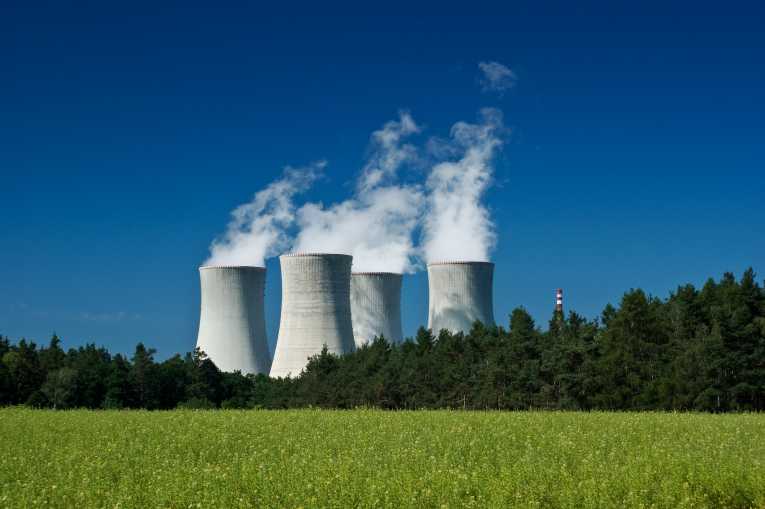Current events in Japan have reminded the world of the dangers faced by using nuclear power as an energy source, specifically when depleted uranium is used as fuel. However, there is an alternative.
India's Kakrapar-1 nuclear power plant has been using thorium instead of uranium for some years now. Thorium is a substance that possesses many of the same properties as uranium, but is less fissile. As a result, it's also much safer.
Although less efficient, it is thought that thorium can make 90 times as much energy as the same amount of uranium. And, since thorium produces no plutonium or other materials suitable for use in nuclear weapons, it has the potential to resolve political debate over whether a country's nuclear use is solely for peaceful means.Thorium is easier to handle and process than uranium and, perhaps most importantly of all, produces significantly less waste with a shorter half-life. Moreover, thorium reactors require neutrons to produce power. This is significant as these particles can be produced relatively safely using a particle accelerator, which unlike traditional nuclear power plants, can be turned off if danger threatens. Nuclear reactions then slow as the core cools, and since thorium is already molten, it is impossible for meltdown to occur.
So why aren't more countries using thorium? The answer would appear to be that it's much cheaper to use existing technology than develop alternatives. It's not as simple as simply swapping uranium for thorium in existing nuclear plants. The reality is there is a vast difference between producing nuclear energy using uranium and producing energy with thorium.
In the 50s, when nuclear power was first used, there was little research done into alternative fuel sources to uranium. Nuclear energy, powered by uranium, was the fastest way of getting the US' nuclear programme up-and-running. As a result, uranium was rushed into use for wartime service, without the testing of safer alternatives.
The Fukushima crisis is still unfolding and far from over, but hopefully, there will be lessons learned by world governments. If we are to continue to use nuclear power for our energy needs, then we should at least look to India and embrace alternative fuels in order to develop 'safer' nuclear power for the future.










